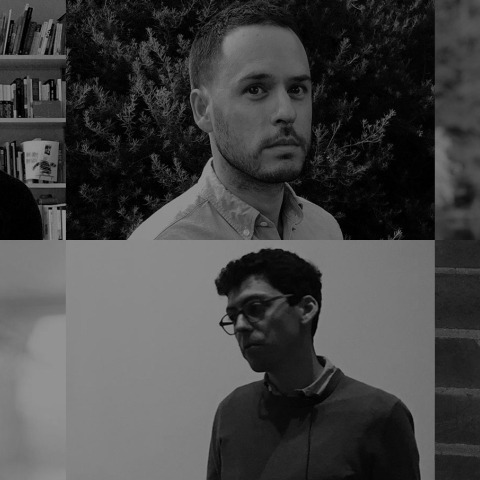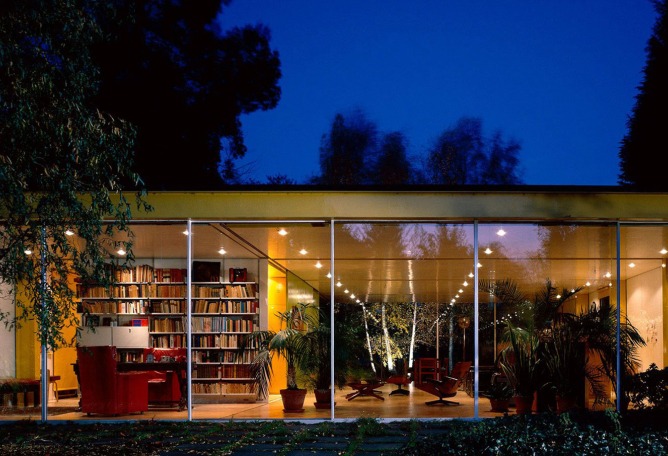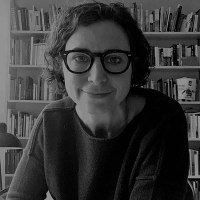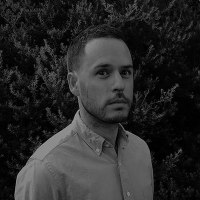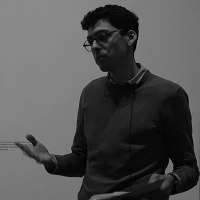Harvard Graduate School of Design (GSD) is pleased to announce the six winners of the 2018 Richard Rogers Fellowship.-
Irina Davidovici (Zurich)
Housing as Urban Commons: Social Practices for Collective Dwelling
Aleksandr Bierig (Cambridge)
The Ashes of the City: Energy, Economy, and the London Coal Exchange
Kaz Yoneda (Tokyo)
Growing Pains: Comparative Analyses of Un/Fulfilled Potentials and Legacies of Two Olympiads
Peter Buš (Zurich)
Large-scale Urban Prototyping for Responsive Urban Environments: Towards Distinctive and Customized Future Cities
Alexis Kalagas (Zurich)
Deflating the London Bubble: Non-Profit Housing Strategies
Cathy Smith (Newcastle, Australia)
The Rise of the (Property) Guardians: Urban Tenure and Temporary Occupation in the Twenty-First Century City
A residency program at the Wimbledon House, the landmarked residence designed by Lord Richard Rogers for his parents in the late 1960s. Now entering its second cycle, the Fellowship is inspired by Lord Rogers’s commitment to cross-disciplinary investigation and engagement, evident across his prolific output as an architect, urbanist, author, and activist. Harvard GSD introduced the Fellowship in October 2016, and named its inaugural class of fellows in February 2017.
“From property guardianship to large-scale prototyping of urban environments, the diversity of subjects taken up by the 2018 cohort of fellows is extraordinary, and the way they propose to engage their projects with London is very exciting to see,” says Mohsen Mostafavi, Dean of Harvard GSD and member of the Fellowship Selection Committee. “We look forward to the second year of this important program, and are eager to witness the consequences of this research.”
The Richard Rogers Fellowship activates Rogers’s historic Wimbledon House as a site of collaborative investigation for researchers and practitioners into topics that have been central to Rogers’s life and career, including questions of urbanism, sustainability, and how people use cities.
The 2018 Fellowship Selection Committee comprises.- Ricky Burdett, Director, LSE Cities. K. Michael Hays, Eliot Noyes Professor of Architectural Theory and Associate Dean for Academic Affairs, Harvard GSD. Hanif Kara, Co-founder AKT II and Professor in Practice, Harvard GSD. Mohsen Mostafavi, Alexander and Victoria Wiley Professor of Design and Dean, Harvard GSD. Farshid Moussavi, Architect and Professor in Practice, Harvard GSD. Patricia Roberts, Executive Dean, Harvard GSD. Richard Rogers, Architect and Founder, Rogers Stirk Harbour + Partners.
